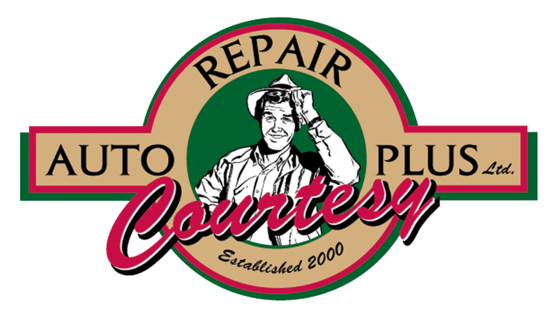The Engine Gets a Boost (Turbocharged Engine Maintenance)
April 7, 2019
If someone told you that your vehicle could have the same power but with a smaller engine, wouldn't that sound like great idea? Just think, a smaller engine would save you money at the gas station and you'd still get the same horsepower.
The technology to do just that has been around for a long time. It's called a turbocharger.
Race cars and other performance vehicles have been using turbochargers for years. It gives them a power boost without the need of a bigger engine, saving them fuel and pit stops.
Automakers have offered turbo gasoline and diesel engines for years, but there were problems with durability. Plus drivers had to make some driving adjustments with the way turbos delivered power. Newer turbos, though, have been vastly improved, and manufacturers are including them in more models. For example, Jeep offers its 2019 Cherokee with a choice of two engines that each make about 270 horsepower. One is a 4-cylinder turbocharged engine and the other is a 6-cylinder conventional gasoline engine. The general rule of thumb is: the fewer the cylinders, the better the fuel economy.
A turbocharged vehicle uses a turbine that is turned by exhaust gas. That compresses air that goes into the engine, which then allows it to use more fuel per second, increasing power. One advantage of a turbo is that it is only engaged when the driver demands more power from the engine by stepping on the throttle harder.
One thing to remember, though, is that turbocharged engines have additional parts and are more complex. That means they can be more expensive to maintain. The upside? You'll likely save fuel.
Like any complex machine, it's important that you maintain your turbo vehicle so it will give you more years of service. Courtesy Auto Repair Plus technicians are trained to inspect and service the systems associated with a turbo engine. If you already drive a turbocharged vehicle, keep up your regular maintenance schedule to get the longest life and performance out of it.
Because of the advantages these powertrains offer, turbo engines are definitely here to stay.
Courtesy Auto Repair Plus
967 Bon Air Ave
Tiffin, Ohio 44883
419-443-0797
http://www.courtesyautorepairplus.com
More articles from Courtesy Auto Repair Plus

More than Pads and Rotors (Brake Caliper Replacement)
March 1, 2026
You might be familiar with brake pads and rotors, two components of your vehicle's brakes that have to be regularly serviced. Here's another important component of your brakes: the calipers. Calipers are used in disc brakes, the type of brakes now found in most recently manufactured vehicles. A... More

Feeling Powerless (Why Is My Battery Light On?)
February 22, 2026
When one of your vehicles warning lights comes on, the first thing that comes to mind is, Oh, no, whats wrong now? When its the battery light, it means theres something wrong with your vehicles battery or charging system. And because both are important for your vehicle to work properly, its a go... More

No Charge (Why Won?t My Battery Hold a Charge?)
February 15, 2026
When your vehicles battery is dead, it leaves you with that horrible, helpless feeling. A dead battery means it wont hold a charge, and there are several reasons it wont. One is age. Batteries have chemical and electrical systems in them that create power, and as time goes by, they wont work we... More







